Arbitration decision will be wholly “binding”
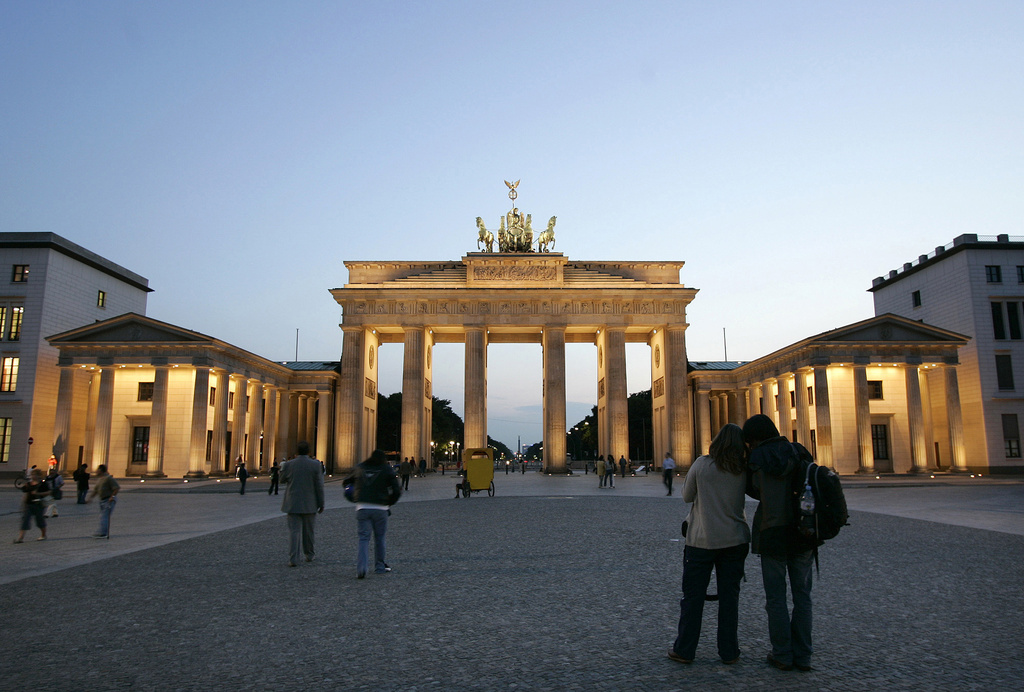
As Switzerland and Libya work to repair relations, a key element will be an international arbitration tribunal to look into the arrest in Geneva of Hannibal Gaddafi.
Switzerland must abide by any decision the tribunal reaches, but there may be application problems, Marcelo Kohen, a professor of international law at the Geneva Graduate Institute, tells swissinfo.ch.
Hannibal, a son of the Libyan leader Moammar Gaddafi, was detained in July 2008 on charges of mistreating two servants. The tribunal is part of a three-step action plan agreed between the two sides on Sunday.
Swiss businessman Max Göldi arrived in Switzerland early on Monday after being detained in Libya for almost two years. He was one of two Swiss nationals caught in the middle of a diplomatic row between the two countries since Hannibal’s arrest.
As part of earlier reconciliation efforts, Switzerland and Libya had attempted to set up such a tribunal under an agreement signed in Tripoli on August 20, 2009. But although both sides named their representatives, the tribunal has never met.
The new action plan will function in accordance with the provisions of this earlier agreement.
The accord also states that Switzerland “apologises for the illegal publication” of police mugshots of Hannibal by the Tribune de Genève newspaper last September. The deal stipulates that the Geneva cantonal government recognised its responsibility in the affair.
The deal undertakes to ensure that the people responsible will be brought to justice. For its part, Libya agreed to speed up Göldi’s release.
swissinfo.ch: What’s your view on the recent accord?
Marcelo Kohen. It’s a confirmation of what I’ve been saying for months. The way to solve this dispute was to end [retaliatory] visa measures on both sides, Geneva had to accept its responsibility, which has been done and was repeated this weekend, and an international tribunal had to be set up.
But was it really necessary to get Germany and Spain involved, as Switzerland could have achieved this same outcome unilaterally? Unfortunately, time was wasted during which [businessmen] Rachid Hamdani and Max Göldi suffered.
swissinfo.ch: On which body of laws and rulings will the tribunal base its decisions?
M.K.: Under the August 20, 2009 agreement, the tribunal will apply domestic and international law and rules of international courtesy, as “recognised by civilized nations”.
Even if there is no breach of international legal obligations or Swiss laws, the tribunal can still condemn Switzerland if it deems it did not respect rules of international courtesy when it arrested Gaddafi. But there are no written codes on that. For example, the arbitrators have to decide whether keeping Hannibal Gaddafi in a cell for 48 hours was in accordance with courtesy. It’s very vague and subjective.
swissinfo.ch: Will Switzerland, and therefore Geneva, be legally bound by any tribunal decision?
M.K.: It is absolutely binding for Switzerland. But there is a legal problem. According to the 20 August 2009 agreement, the arbitration tribunal can determine whether the Geneva police or other relevant authorities acted in a proper way or not. But if the tribunal determines that they didn’t [act properly], then it’s for the relevant Swiss judicial authorities to take the necessary steps to judge and, if necessary, condemn those responsible.
In general, if you have criminal proceedings in Geneva, it’s up to the Geneva judge to analyse the facts and come to conclusions, but here it will be the arbitral tribunal. The legal problem is what will the Geneva judge do about that.
swissinfo.ch: The Geneva cantonal government has acknowledged its responsibility in the publication of mugshots of Hannibal Gaddafi. Are the Geneva authorities liable for any sanctions?
M.K.: Everything is possible. If someone stole the photos, they are under the responsibility of Geneva public officials, so at some point someone must be responsible. You can’t simply say, “We investigated and didn’t find the person responsible – full stop”. Somebody at the highest level has to take responsibility for that. But this is a matter of domestic law.
swissinfo.ch: Can Switzerland or Libya appeal against any tribunal decision?
M.K.: No. According to the August 20, 2009 agreement, there is no possibility of an appeal, so any decision by the international tribunal is final.
swissinfo.ch: The August 20, 2009 accord said a final decision should be made within 60 days from the start of arbitration procedures. Is this realistic?
M.K.: No, not at all. If each party keeps the same judges from last year, they still have to appoint an umpire, so once the tribunal is formed it is my assumption that they will ask for additional time, as 60 days is very short.
In principle, the parties want a quick outcome, but it’s very difficult for the tribunal to reach a conclusion in 60 days so it will probably take longer. But it won’t take too long as this is not in the interest of either side.
swissinfo.ch: How often has Switzerland resorted to the use of international arbitration in the past?
M.K.: It hasn’t been that frequent, but this is Switzerland’s second international legal case in the past year. Belgium sued Switzerland over the Sabena [airline] before the International Court of Justice on December 22, 2009.
swissinfo.ch: Can arbitration tribunals really help countries normalise relations?
M.K.: Yes. There are plenty of cases, as there are situations where it’s impossible for states to reach agreement as both sides are in opposition and nobody wants to lose face. This is precisely the case for Switzerland and Libya.
In general, when you have two states standing firm on their positions, arbitration or resorting to the International Court of Justice is a very good way of putting an end to these kind of problems, as neither side loses face.
Simon Bradley, swissinfo.ch
Marcelo Kohen is an associate member of the Institute of International Rights and a professor of international law at the Graduate Institute of International Studies in Geneva. He has been a member of the faculty there since 1995.
He has also worked as a visiting professor at Trento University, the University of Pantheon-Assas Paris II, Complutense University and the Ortega y Gasset University Institute, both in Madrid, the University of Lecce, the University of Aix-en-Provence, and at the University of Palerme.
He is generally interested in research related to international law theory, territorial and border disputes and legal solutions to international disputes. He was awared the Paul Guggenheim Prize in 1997 for a paper called, Adverse Possession and Territorial Sovereignty.
Source: The Graduate Institute in Geneva

In compliance with the JTI standards
More: SWI swissinfo.ch certified by the Journalism Trust Initiative

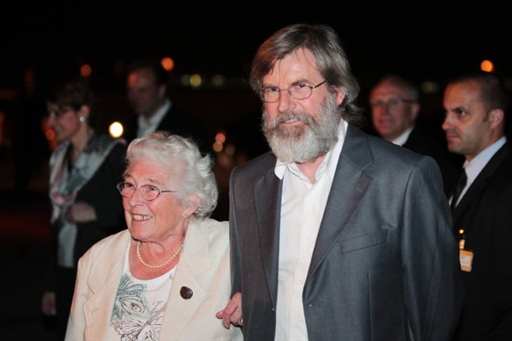
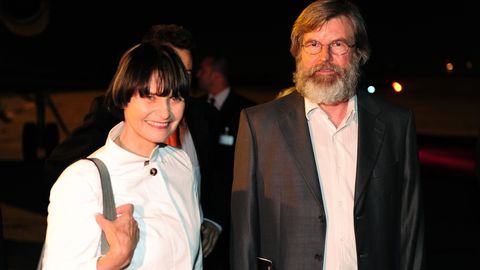
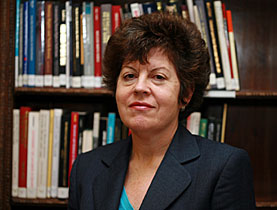
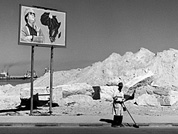
You can find an overview of ongoing debates with our journalists here. Please join us!
If you want to start a conversation about a topic raised in this article or want to report factual errors, email us at english@swissinfo.ch.